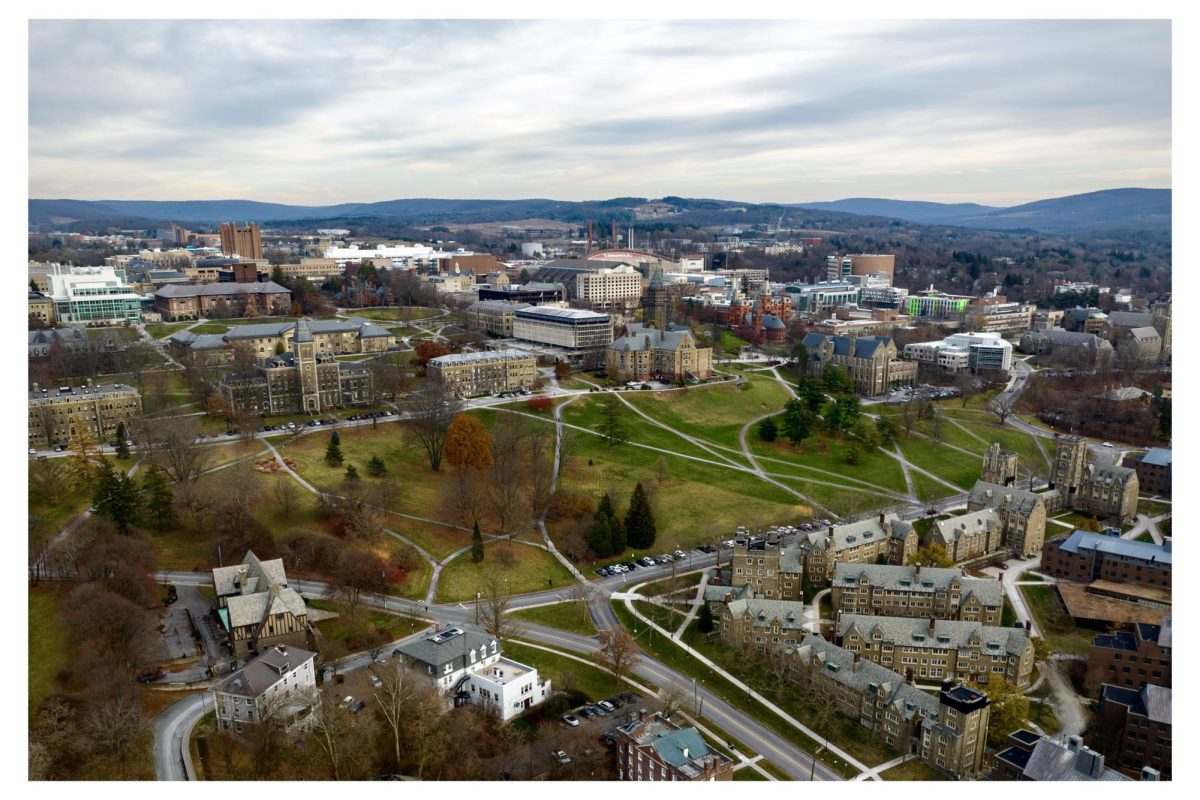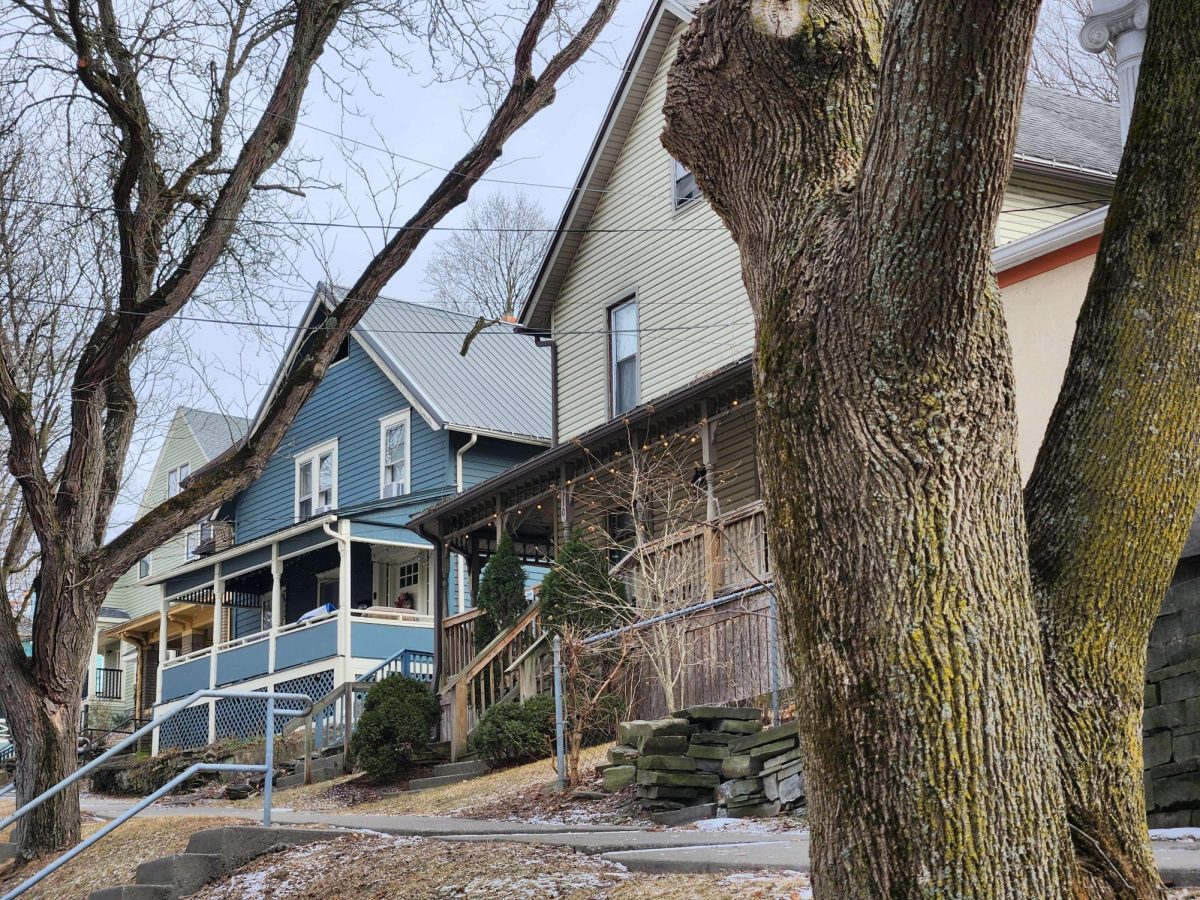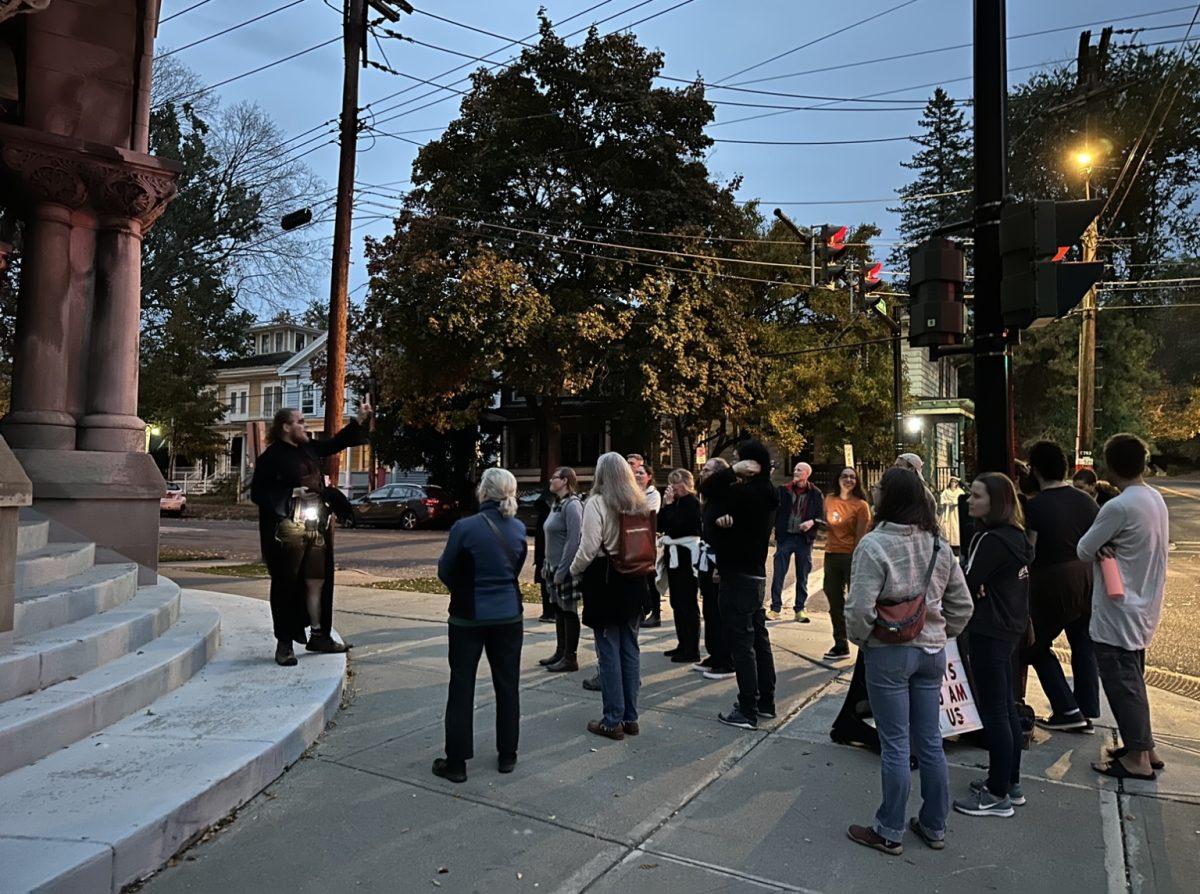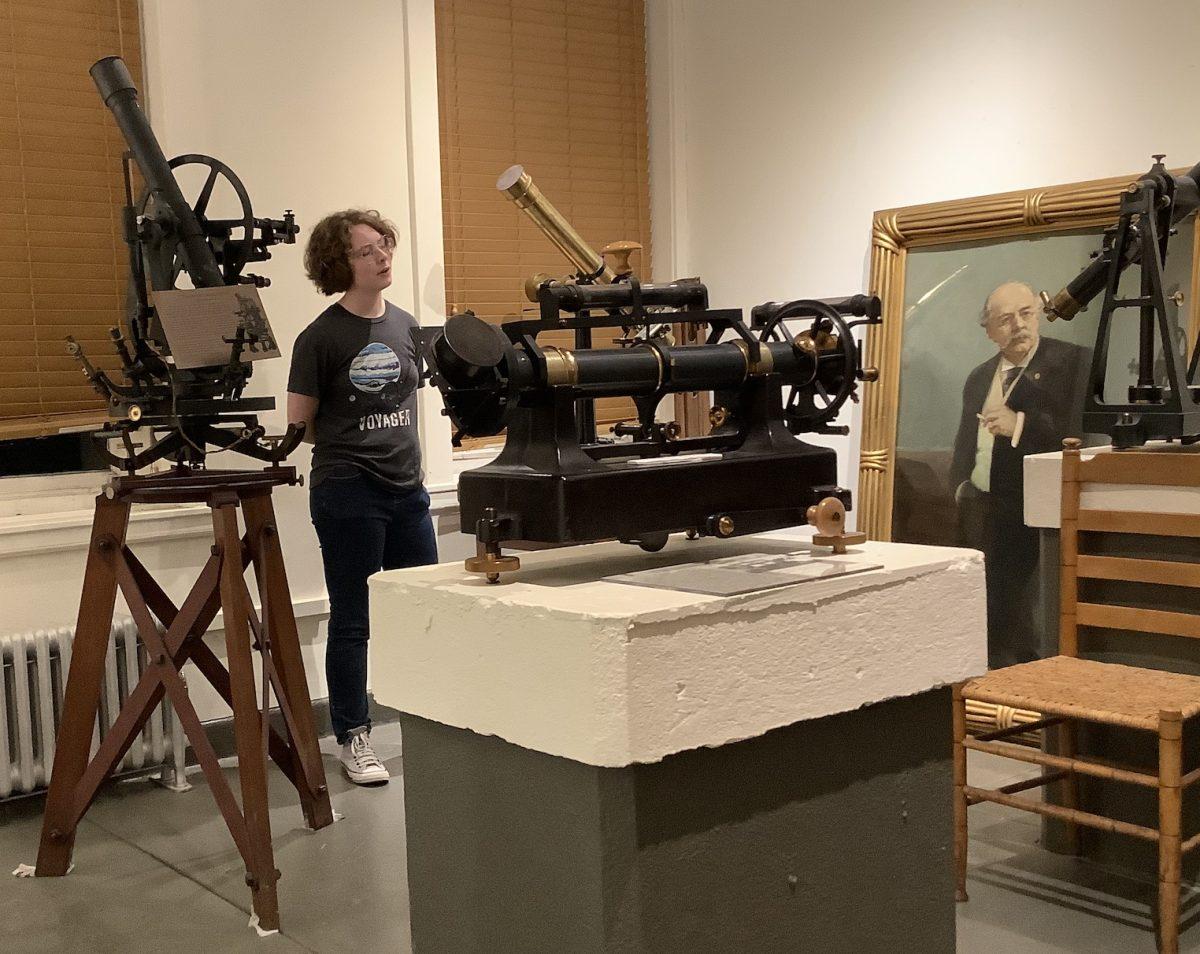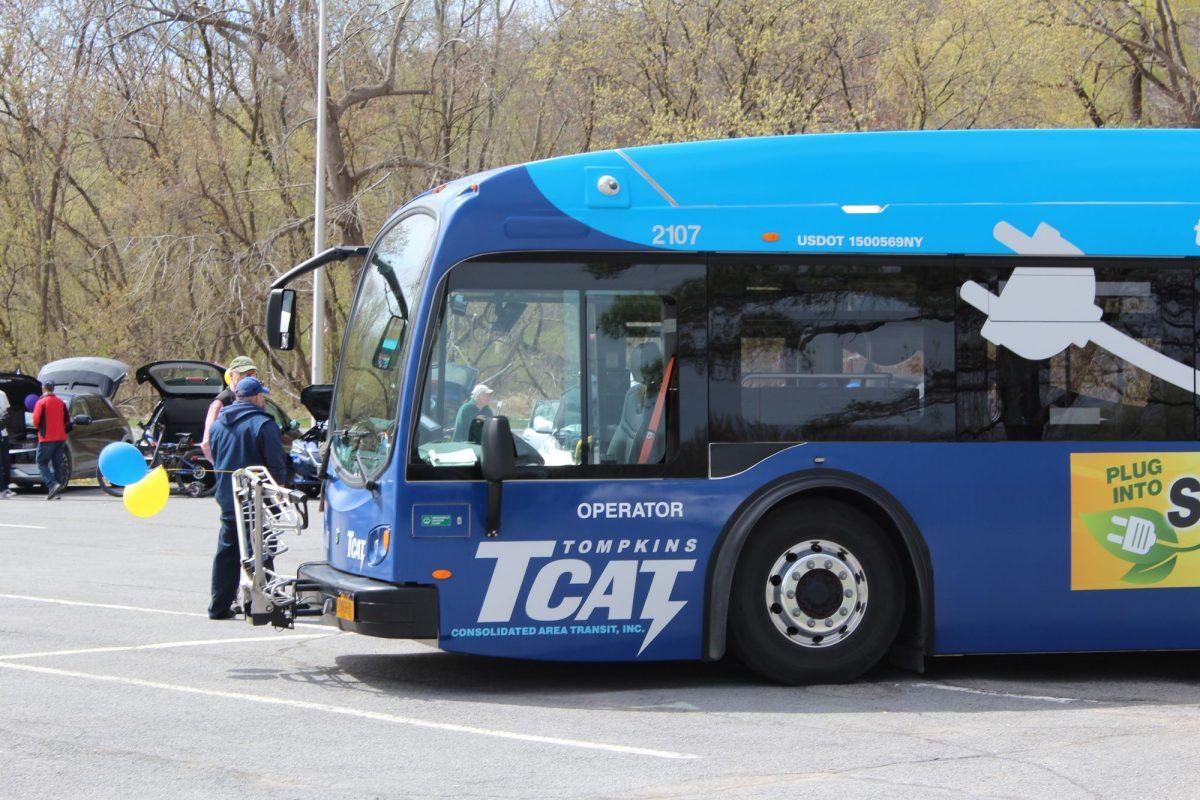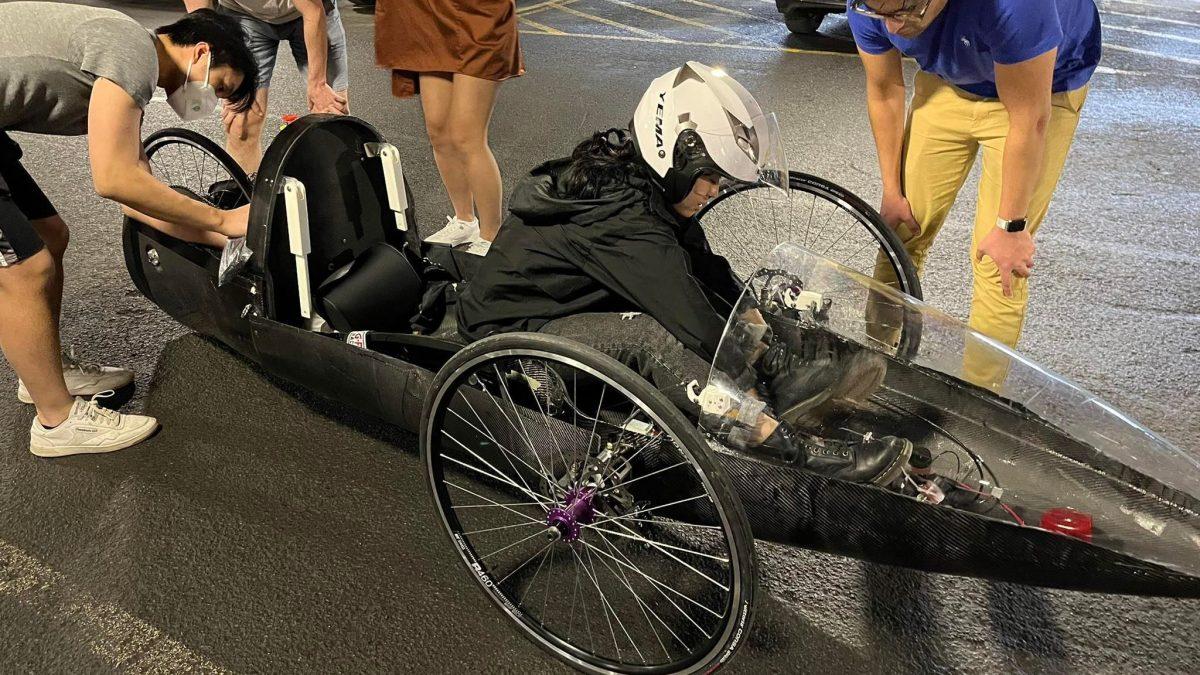The Downtown Ithaca Alliance’s latest regional development plan is coming up on its halfway mark, with some progress made in all of the main areas.
The DIA, a not-for-profit organization chartered by the State of New York to oversee the management of downtown Ithaca, created a 2020 Strategic Plan in 2010. The 92-page plan outlines a number of development areas and project goals that the organization hopes to accomplish by the year 2020.
“This is our second 10-year plan,” Gary Ferguson, executive director of the DIA, said. “We did one in 2000, we did an update in 2005, and we did our second plan in 2010. It’s just something we now do as part of our course of work.”
According to the document, big-picture goals of 2020 plan are to create 1,500 additional housing units, add an additional 200,000 square feet of office space, create at least 10 new pedestrian-traffic-generating projects, bring in 78,000 square feet of new retail and improve transit between downtown Ithaca and beyond.
The plan does not present specific timelines for the goals, and members of the board of the DIA have not yet formally met come together to evaluate the state of the plan, but Ferguson said some progress has been made in most areas so far.
“Some things have certainly been tackled and done,” Ferguson said. “The tax abatement program’s been improved, the downtown’s been rezoned for a higher density, those are a couple major things.”
He said so far about 200 housing units have been created, with projects like the Campus Advantage building slated to create even more. Campus Advantage is a plan for an 11-story, 600 bedroom building to be constructed on The Commons, which plans to open around Fall 2018, according to its website.
Similarly, Ferguson said a building plan by the Tompkins Trust Company will add about 110,000 square feet of office space in the coming years, and recent initiatives like the opening of the Coltivare restaurant on South Cayuga Street last year, renovations to the State Theatre on West State Street and the development of the New Roots Charter School on North Cayuga Street have served as pedestrian-traffic-generating projects.
One pedestrian project that both helped and harmed the plan’s course was the reconstruction of The Commons. According to the plan, this reconstruction was deemed a “prerequisite” to additional development, yet business owner Tomas Black said it only harmed his business.
After having a shop called The Potter’s Room on The Commons for about two years, he said he had to close down because of the dramatic decrease in customers due to the construction project, which went from Spring 2013 to August 2015.
“Even though they’ve back paddled a lot on what they’re publicly saying, they claimed it was going to take a year, a year and a half at most,” Black said.
He said because of this, he doesn’t have much faith in the DIA’s ability to fulfill its 2020 plan.
“If they work really, really hard, they could get their project done and this big plan executed,” Black said. “You have a lot of issues, I think, in Ithaca where there’s this want and this need to try to catch up to places in the world that have already done and have better downtowns as far as their organization structure, architectural features and accessibility for not only residents but visitors of the city, so on and so forth. And I think what Ithaca is doing is it’s trying to play too much catch up.”
When asked if The Commons project had set the plan back, Ferguson focused on the future.
“The Commons construction certainly had impact on retail businesses,” Ferguson said. “Hopefully The Commons completion has also had a positive impact, starting to build up those businesses as well.”
The transit goal was the one Ferguson said still needed the most work. While he praised Ithaca College for sponsoring a late-night bus between downtown and the campus, he said there still needs to be improvement with bus frequency, as currently buses only run once every half hour.
Ferguson said members of the DIA board will reconvene at the end of the year to more thoroughly go over the plan and where things stand, however, from what’s been done so far, he said he does not expect major changes to be made.
“Right now, as far as we’re concerned, the plan is still pretty strong and makes sense, and a lot of the elements in it are still significant,” Ferguson said.


